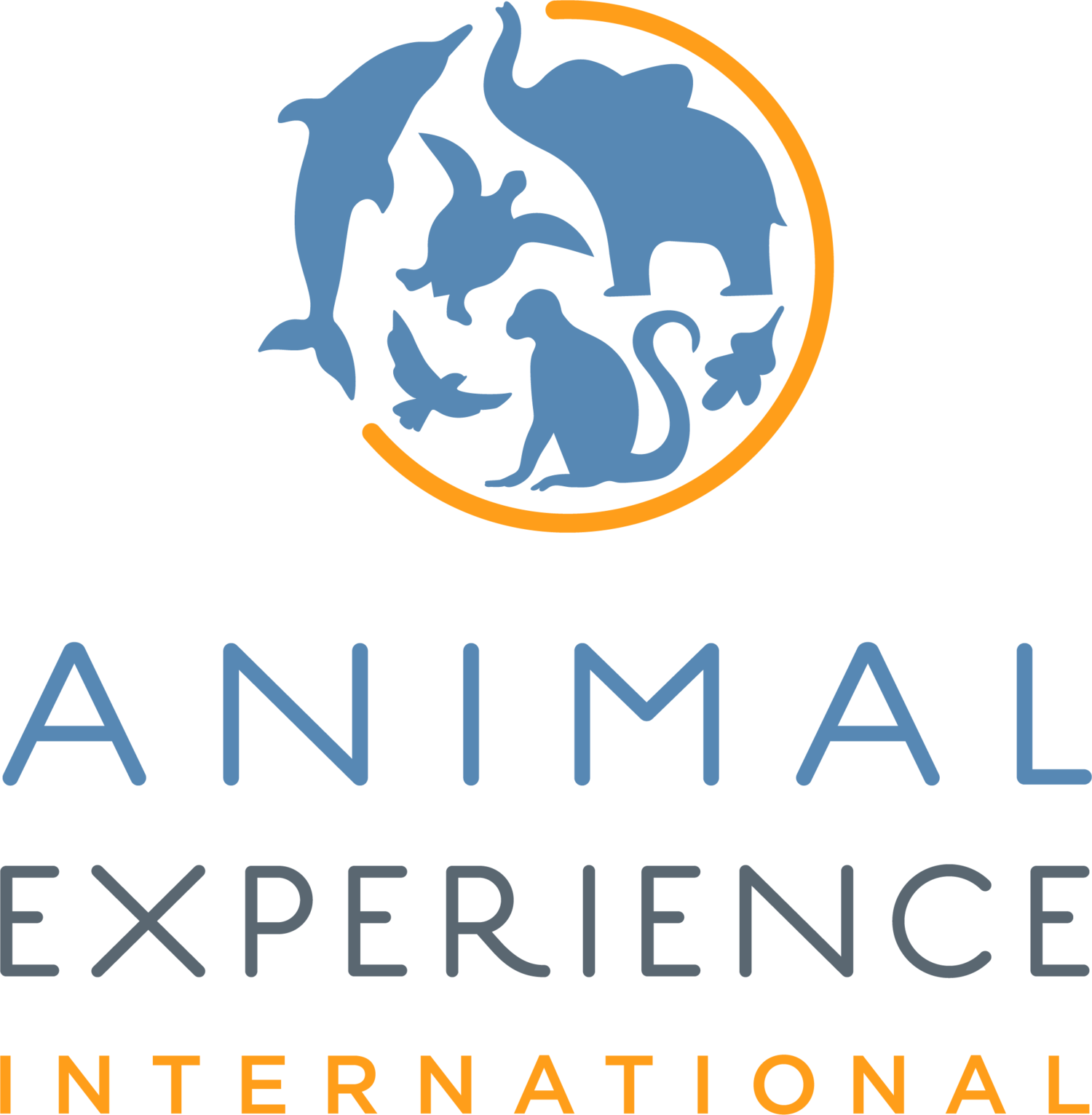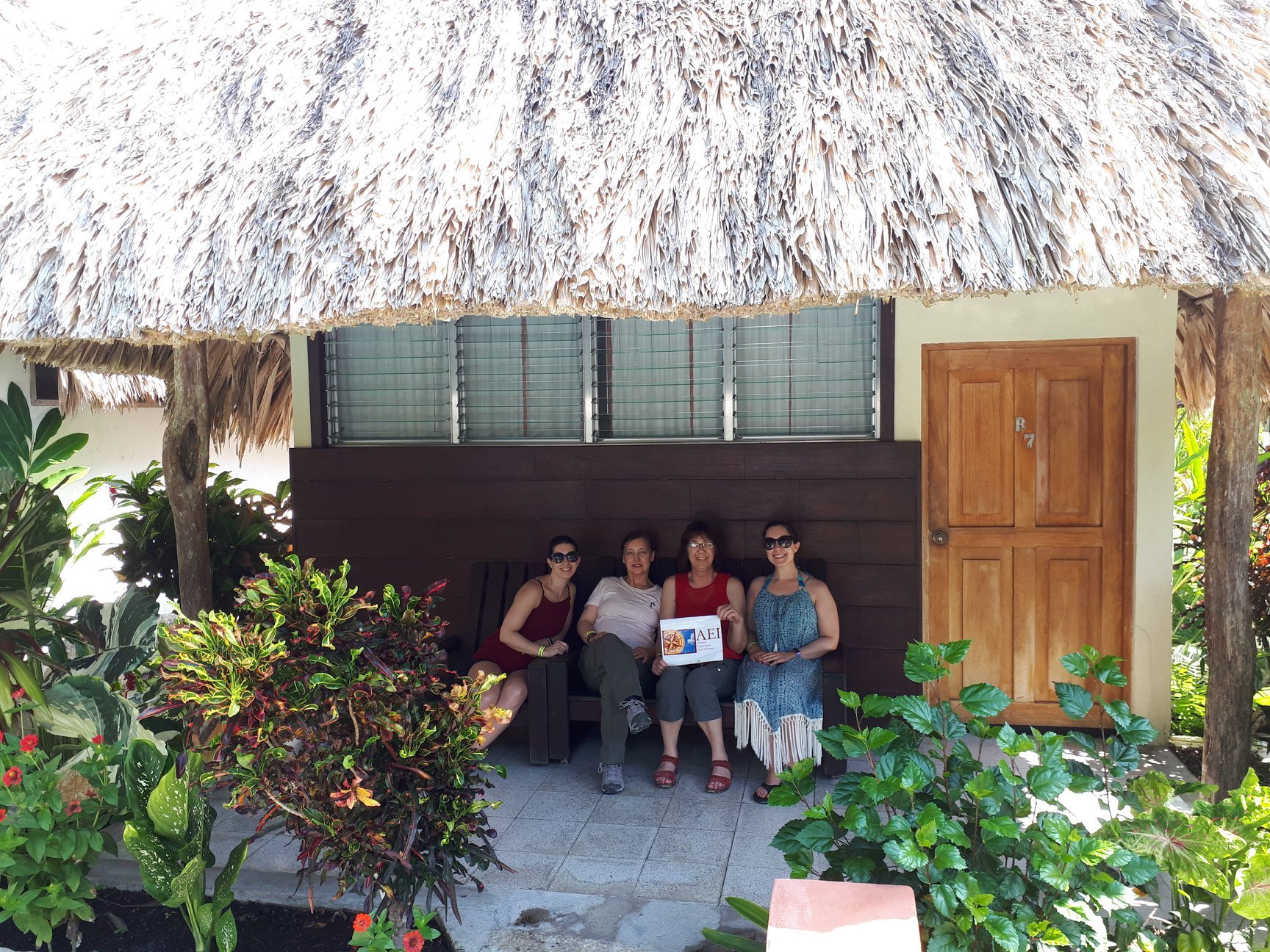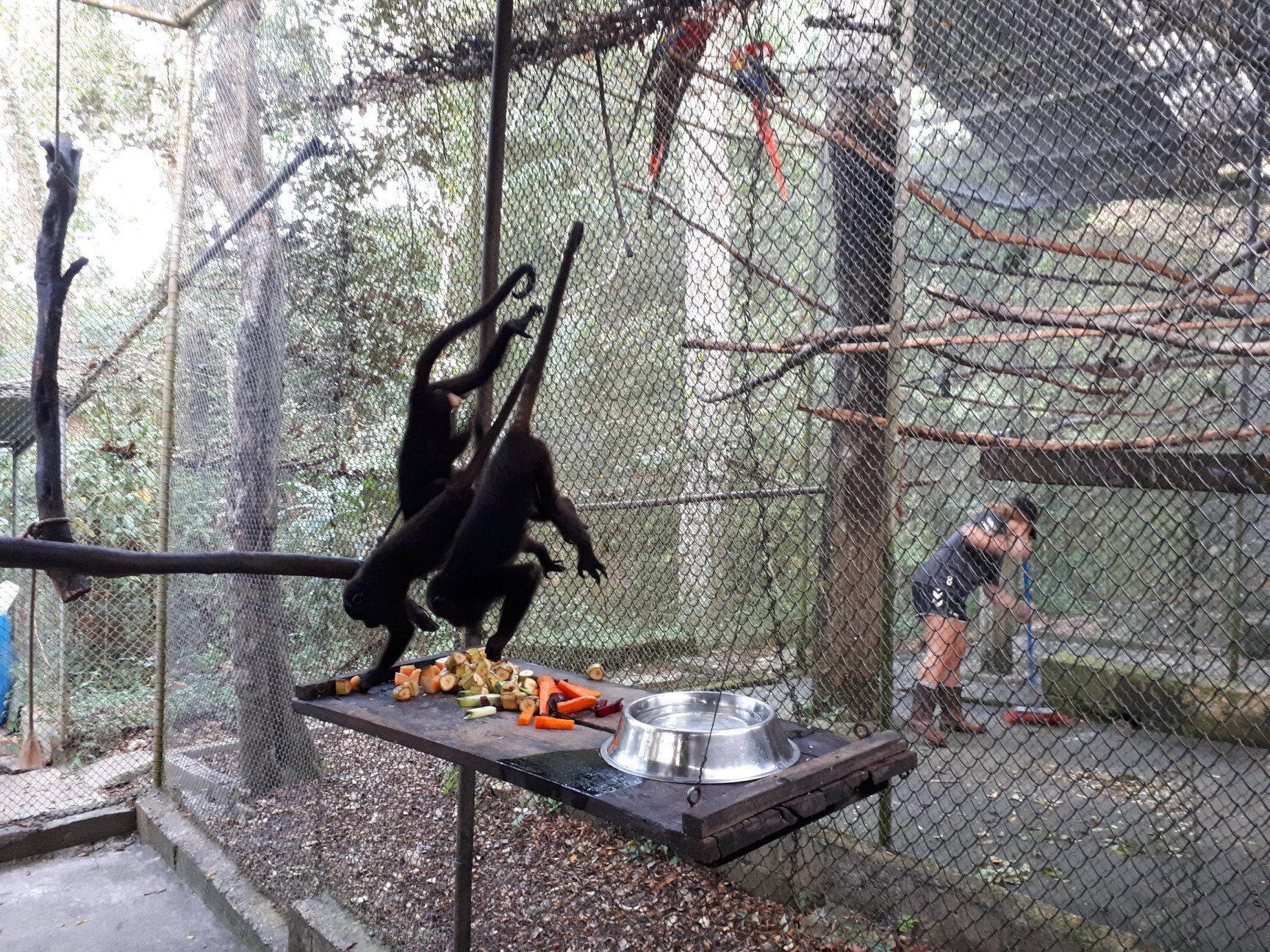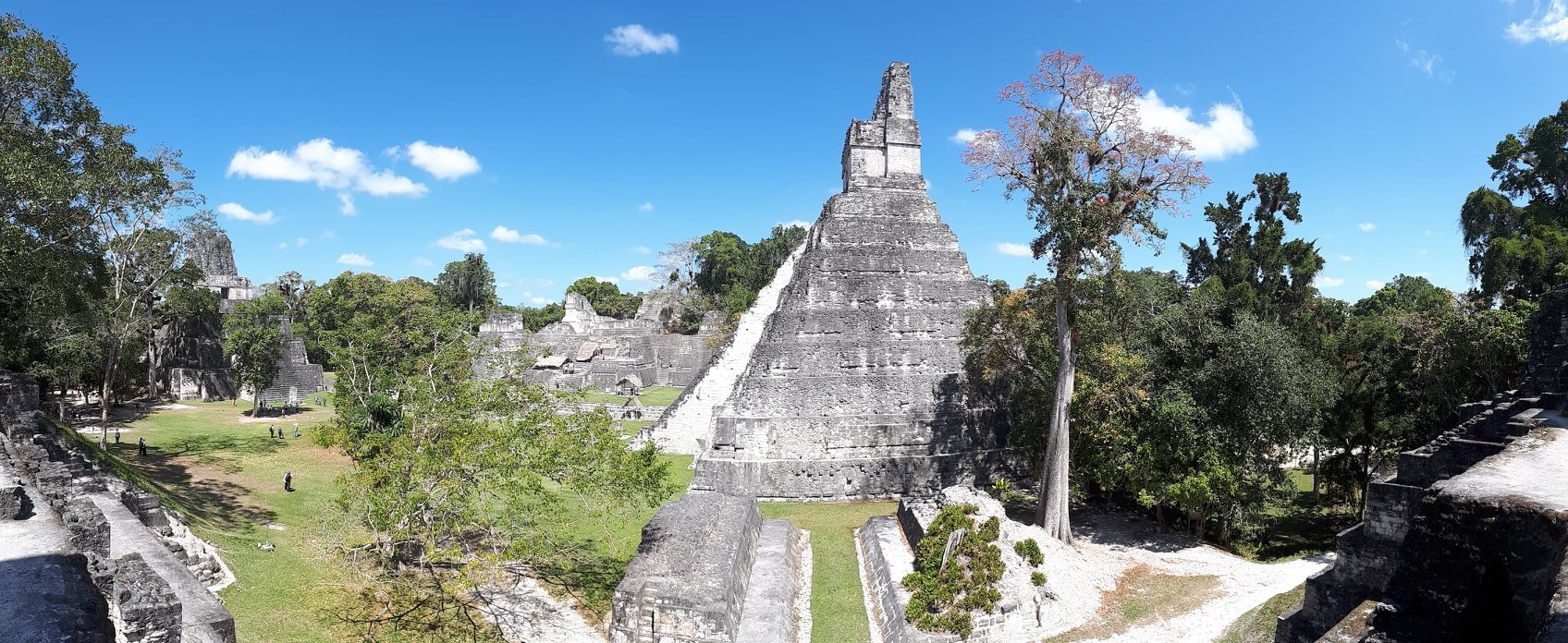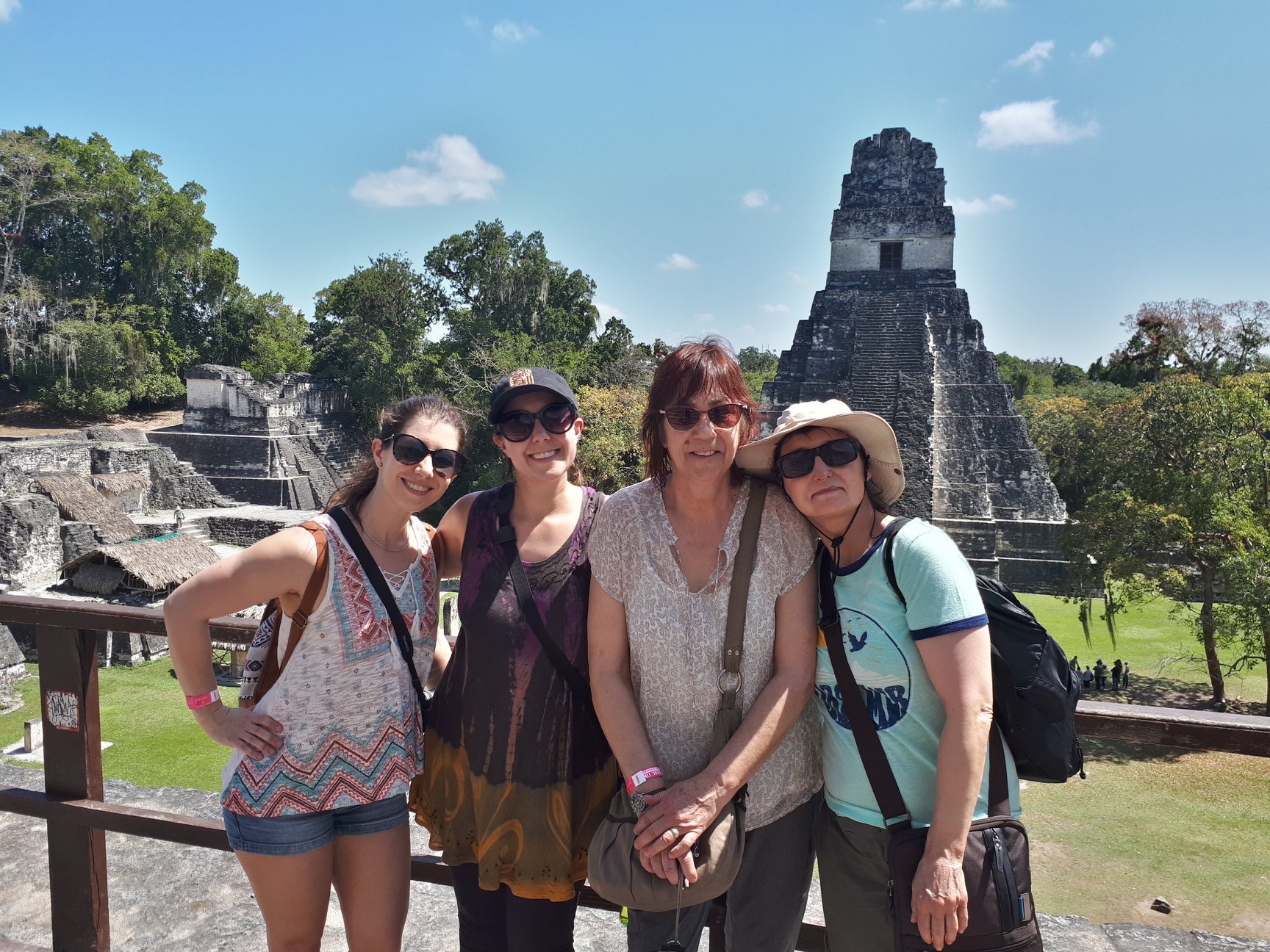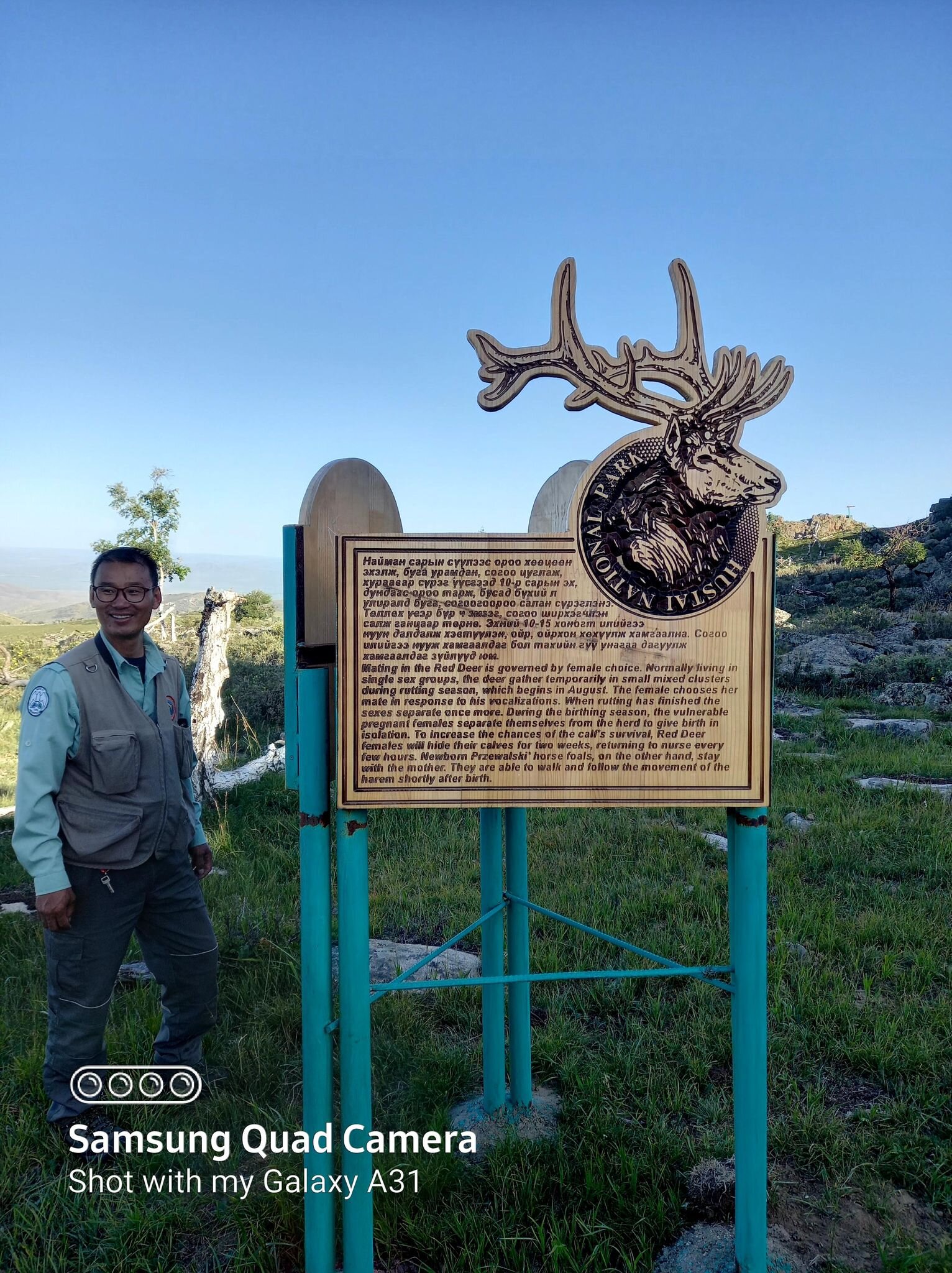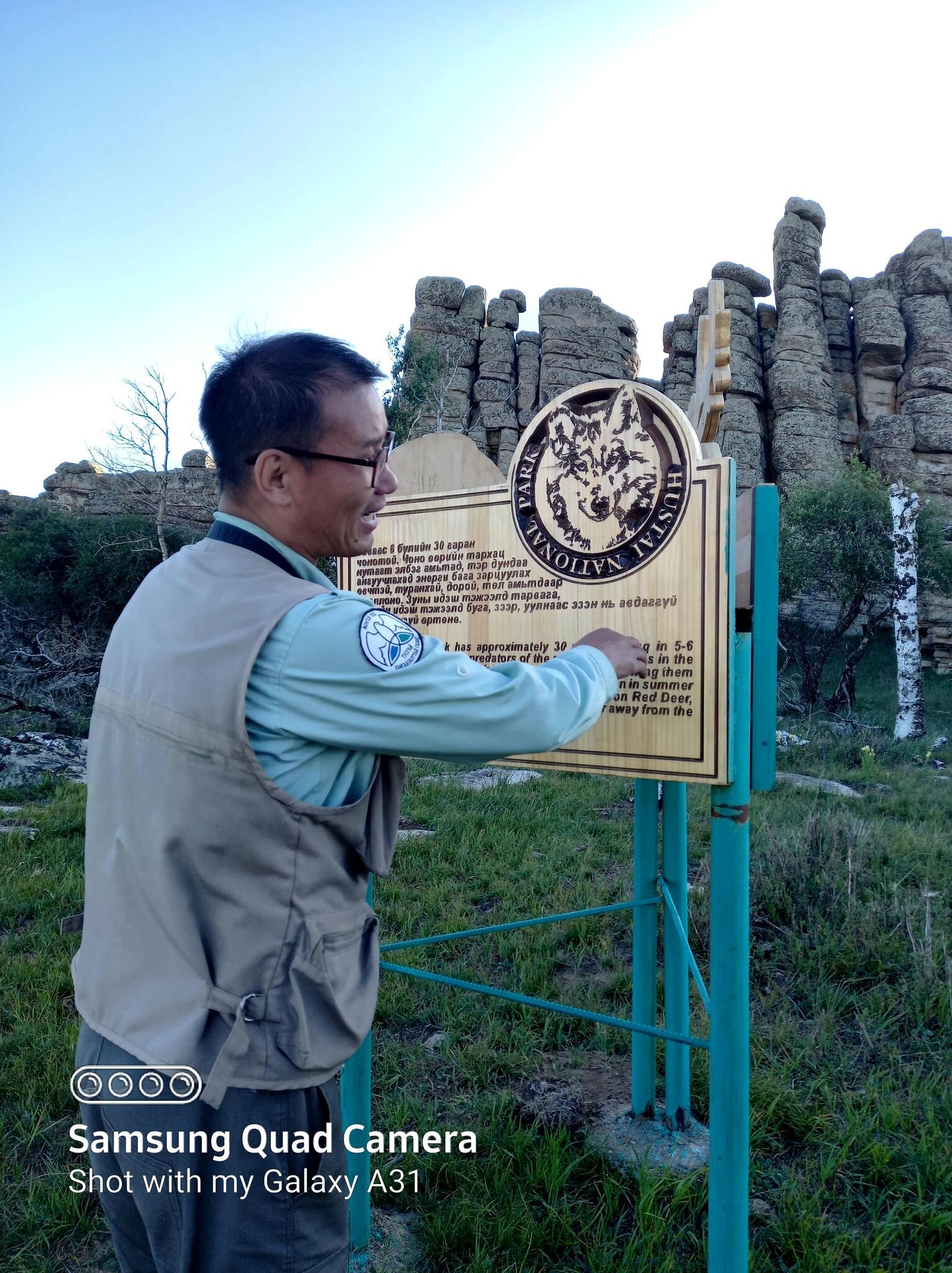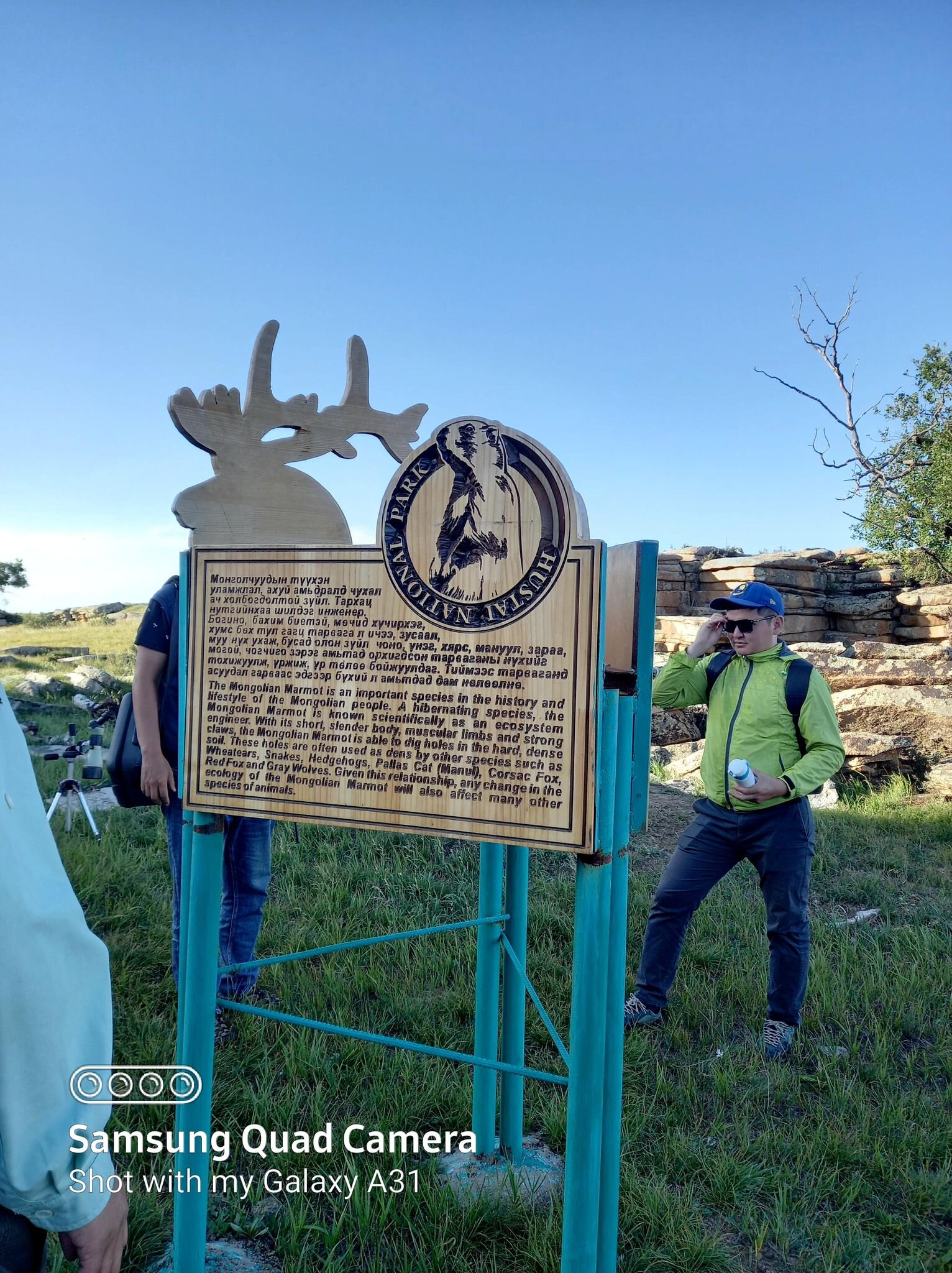Ontario’s African Lion Safari was just named the worst Zoo in North America. And we are furious. Not because they don’t deserve honour- they truly are the scourge of Cambridge Ontario. We are furious because this exploitative and oppressive ‘zoo’ still exists.
In Defense of Animals put out this media release: 10 Worse Zoos for Elephants and at the very top is a person standing on the neck of an elephant who is being forced to perform at African Wild Safari. We encourage everyone to read their media release because it’s really important to understand how disgusting and terrible these places are for animals. In Defense of Animals is an international animal protection organization with a 30-year history of fighting for animals, people and the environment through education, campaigns and hands-on rescue facilities in India, Africa, and rural Mississippi. There is nothing that we can add to this conversation that they have not said in the media release, so please do read it and send a donation for their hard work.
But since you are already here… In the meantime let us address just the picture we see.
This animal is a WILD animal. It's not a domestic animal that is happy and gets joy or enrichment from doing tricks and bonding with it's human friend.
It's a WILD animal who's brain, from the moment they are born, sees humans as predators, threats that cause them stress.
Domesticating an animal takes many many many generational changes in the genetics of that animal. See: dogs from wild dogs.
When we rip WILD animals from their homes. When we force them 'behave' and perform for us through violence. When we breed them for even more exploitation. When we support the people who do all of this, or some of this, we support oppression. *We are oppressors.*
What does this animal teach us about biology, about conservation, about empathy, about elephants? How can anyone say this is an educational show, an educational park? It's oppression, it's exploitation, it's violence and it does not serve anyone to have it still open.
It's World Wildlife Day and we are embarrassed that this is happening in Ontario.
#wildlifenotentertainers #worldwildlifeday
